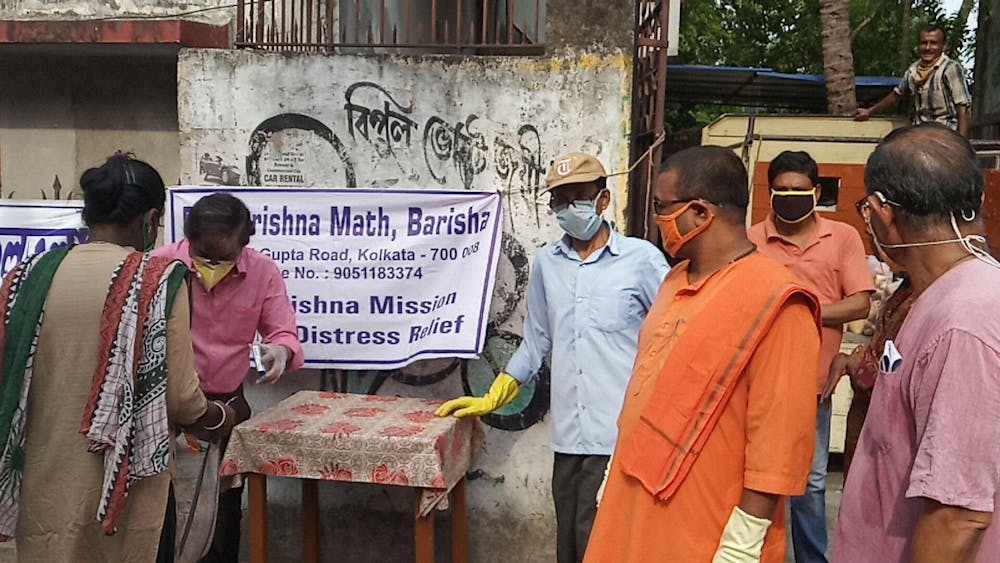India is going through one of the worst second waves of the pandemic after the initial decline in case count since its September 2020 peak. According to a tracker from The New York Times, India currently has over 20 million cases of COVID-19. This is likely an underestimate due to a shortage of COVID-19 tests in the country.
As the situation worsens, Australia has placed full restrictions on travel from India, and countries like the U.S. have placed partial restrictions.
The presence of B.1.617, a new variant of COVID-19 that has been circulating through India, is of particular concern. Based on initial research, it is possible that the B.1.617 mutant is more contagious than other strains. It is thought that those who have previously been infected with COVID-19 can be reinfected more easily with this variant, which is currently being investigated as a contributing factor to the second wave.
Along with a shortage of tests, India lacks COVID-19 vaccines, intensive care unit beds and medical supplies such as personal protective equipment and oxygen. The lack of health resources — particularly the oxygen shortage — has made it difficult to adequately treat patients.
Even though India is one of the world’s leading manufacturers of COVID-19 vaccines, only 11.5% of the population has received one or more doses. The public has failed to follow restrictions on public gatherings such as the Kumbh Mela festival in April, in part encouraged by elected officials like Indian Prime Minister Narendra Modi.
In an email to The News-Letter, Binita Adhikari, a research associate at the School of Public Health, suggested that low investment in public health infrastructure has also contributed to the second wave.
“[The] public health system suffers from many woes [such as a] lack of adequate infrastructure, [a] lack of human resources for health [and] disconnected and unregulated private healthcare,” Adhikari wrote. “During the current emergency, all of these factors are contributing to the inability of the health system to respond in any coherent manner.”
According to Adhikari, the Indian government can lead the country in the right direction — but only if elected officials implement the right policies. She argued that national leaders must recognize their failures, focus on data collection and opening access to data and listen to scientists who are speaking out against policies that do not align with scientific findings.
“In the long run, India has to address a variety of issues that ultimately strengthen the public health system and build resilience for crises like this,” Adhikari wrote. “[These include] increasing investment in healthcare, ensuring fulfillment of critical HR... regulating private health care, establishing [an] integrated surveillance system that is connected with private health infrastructure and building a culture for evidence and data use.”
Dr. Anthony Fauci has recommended that India go into an immediate lockdown to prevent further spread of COVID-19. Fauci also noted that while vaccination must remain a priority, the country must focus on its more immediate concern of caring for those currently infected.
In the meantime, countries that have the ability to help India with their situation, including the U.S. and U.K., are sending oxygen and medical supplies.
The Biden administration has announced that it will immediately make raw materials needed for India’s COVID-19 vaccine production available, providing over $100 million in aid. Pressure to waive patent protections has also prompted the U.S. to discuss wider vaccine licensing, enabling quicker and more affordable access to the life-saving doses.
The following are ways to financially support the fight against COVID-19 in India:





